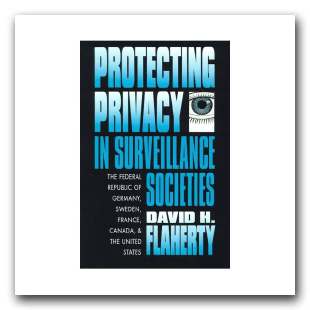TSA knows what you read
Privacy advocates obtained database records showing that the government routinely records the race of people pulled aside for extra screening as they enter the country, along with cursory answers given to U.S. border inspectors about their purpose in traveling. In one case, the records note Electronic Frontier Foundation co-founder John Gilmore’s choice of reading material, and worry over the number of small flashlights he’d packed for the trip.
The breadth of the information obtained by the Gilmore-funded Identity Project (using a Privacy Act request) shows the government’s screening program at the border is actually a “surveillance dragnet,” according to the group’s spokesman Bill Scannell.
“There is so much sensitive information in the documents that it is clear that Homeland Security is not playing straight with the American people,” Scannell said. (Wired News, “U.S. Airport Screeners Are Watching What You Read.”)
In related lying news, last week it came out that Director of National Intelligence McConnell lied to the Senate about wiretaps.
If this was a political blog, we’d analyze the trend. Since we’re all about information security, and pirates I’ll just say that in an environment where the security measures are unclear and scary, you can expect users to behave in strange ways.

Isn’t this good? It can be used to find out, after-the-fact, if TSA employees are pulling out “too many” of a particular race for screening.
Dan,
Maybe that’s a good thing, if that were the goal, or if the data was being used that way. If we want to achieve that, we could have a separate process, not part of the general record, which only records racial appearance. If it’s part of the general system of records, it needs to be disclosed. (I use needs in both the normative and legal senses.)